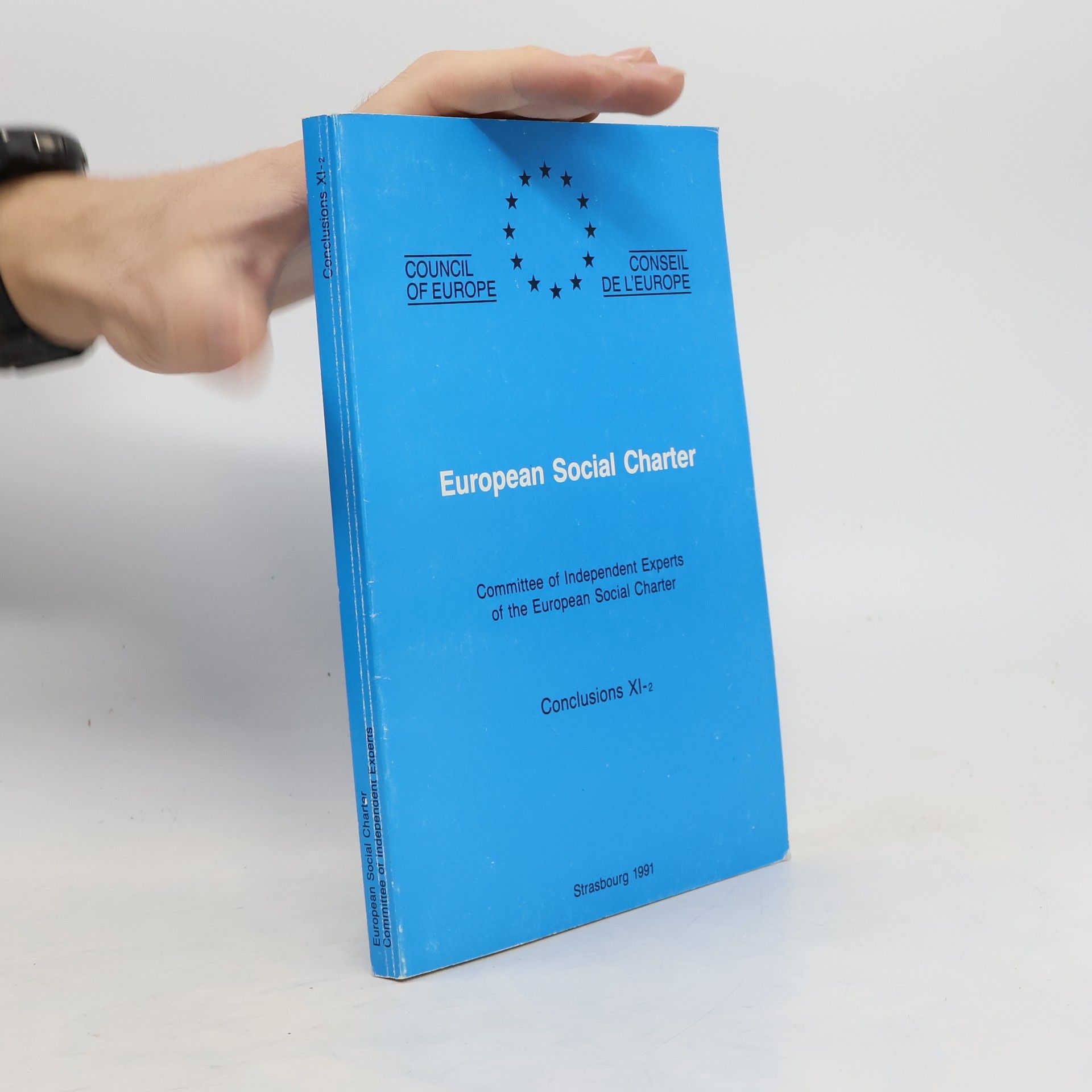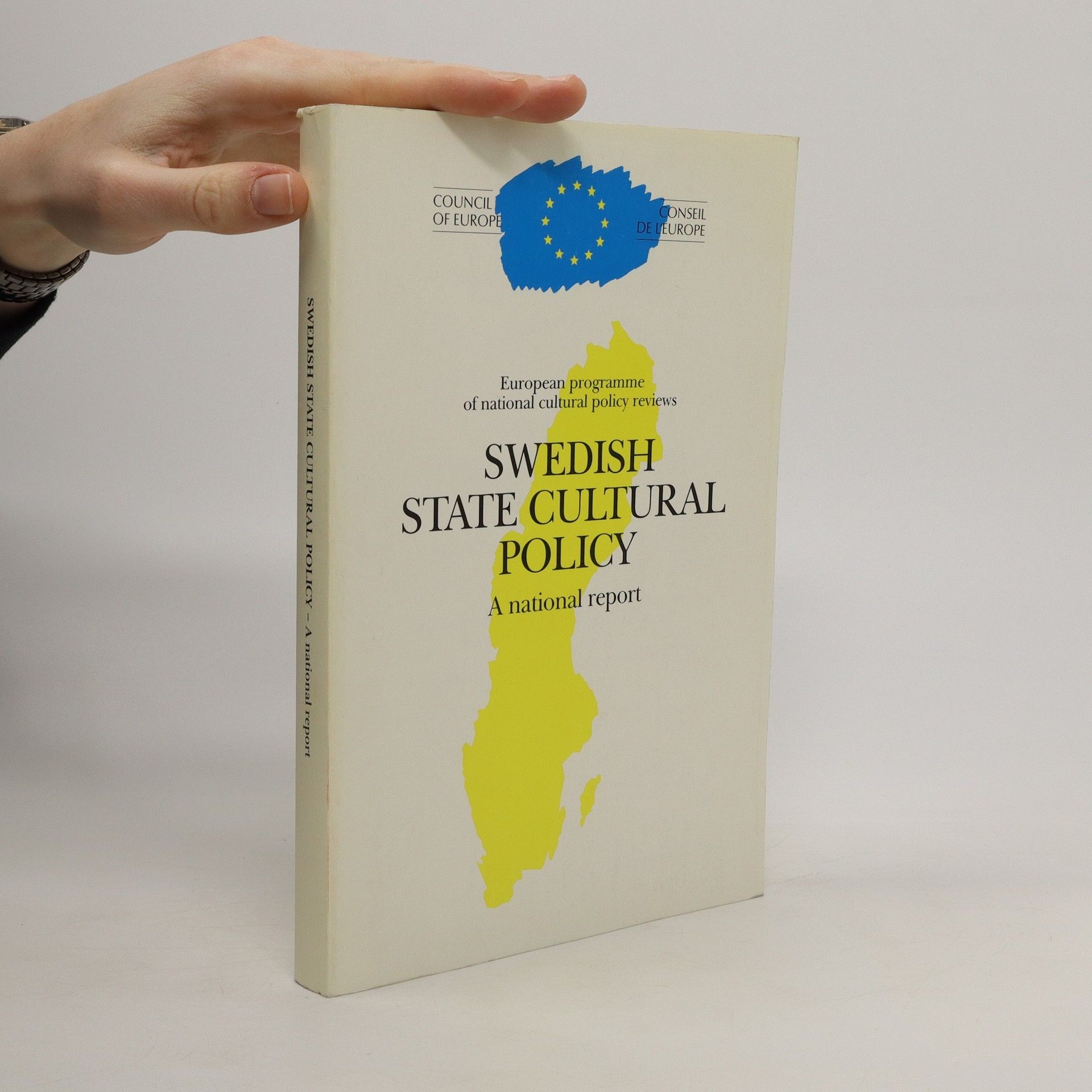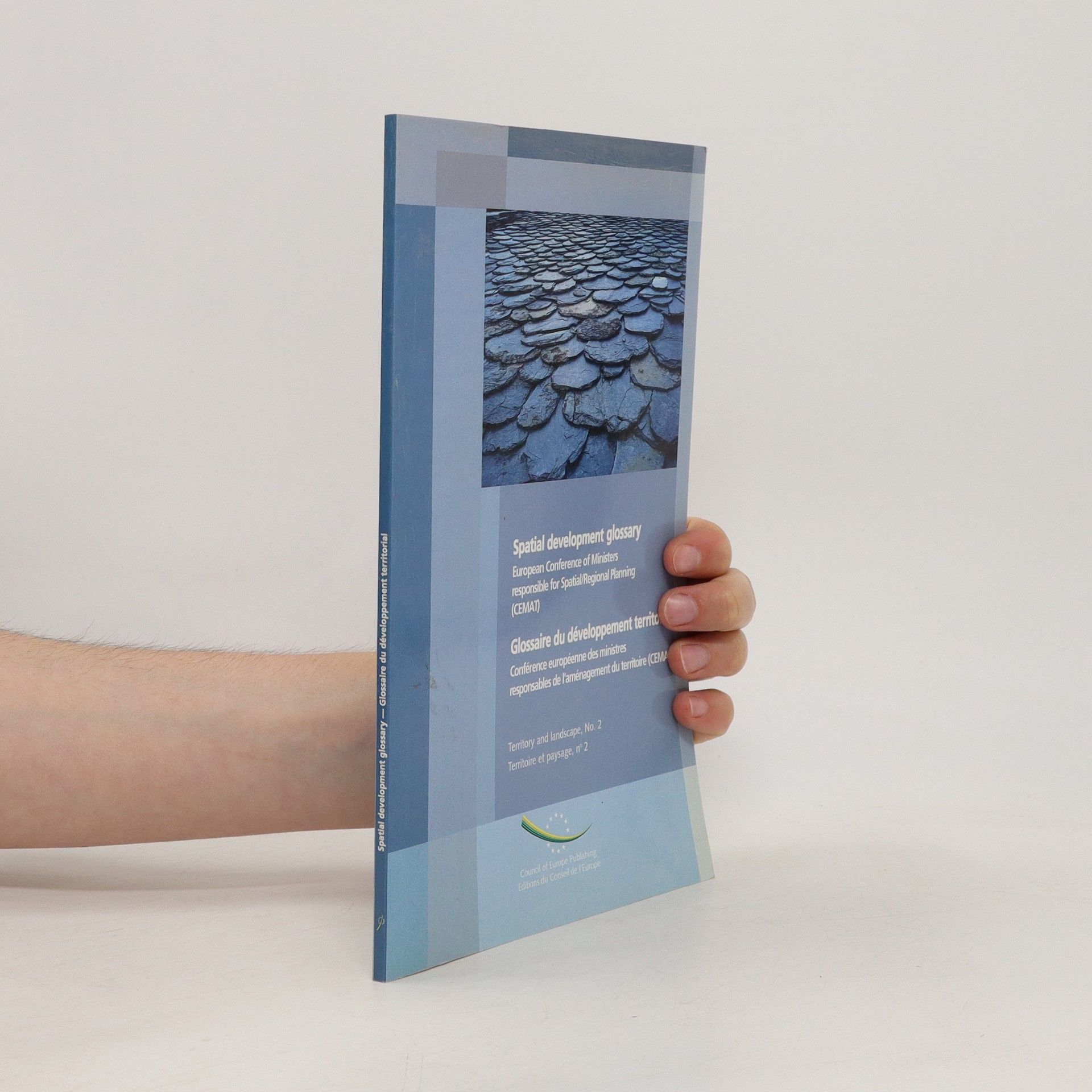Publication drawn up by the European Conference of Ministers responsible for Regional/Spatial Planning (CEMAT) of the Council of Europe
Council of Europe Livres





Swedish State Cultural Policy
- 382pages
- 14 heures de lecture
Handbook on European Law Relating to Asylum, Borders and Immigration
- 253pages
- 9 heures de lecture
"This handbook is intended for lawyers, judges, prosecutors, border guards, immigration officials and others working with national authorities, as well as non-governmental organisations and other bodies that may be confronted with legal questions in any of the areas the handbook sets out to cover."--Editor.
Conclusions - XI-2: European Social Charter
Committee of Independent Experts of the European Social Charter
Federal Republic of Germany.
Crossroads of European Histories
Multiple Outlooks on Five Key Moments in the History of Europe
- 350pages
- 13 heures de lecture
Hardcover. No jacket. Superficial marks on boards. Pages are bright white, clean, crisp. BW